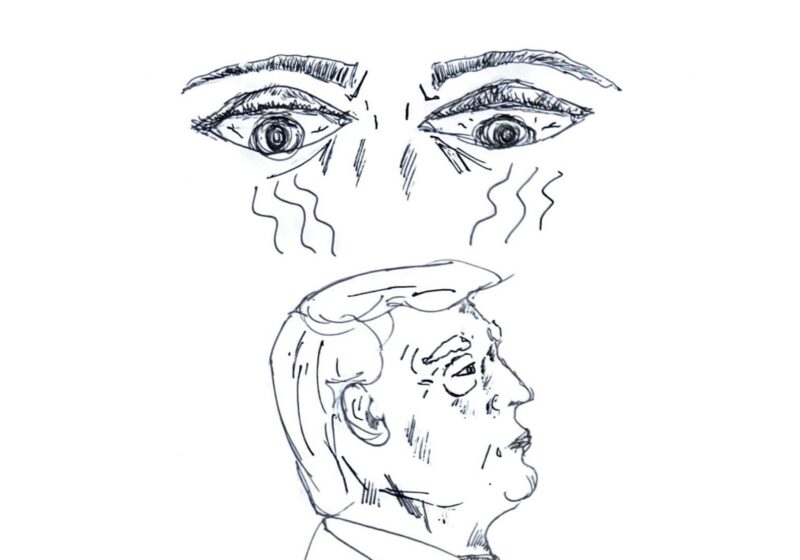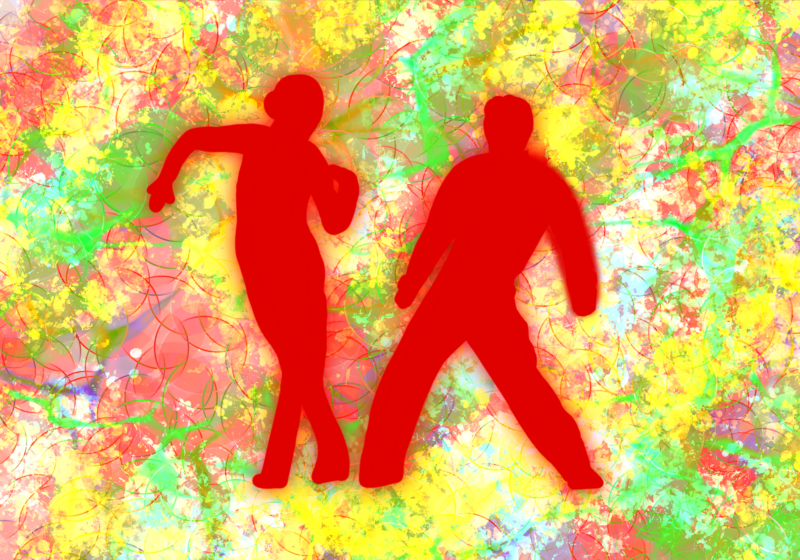By Monday, April 8, almost every single person at UR knew where to get eclipse glasses. The University did a great job of getting students to take the glasses, even though there were at least a few people who wanted to look directly at the sun. However, the University seemed to be spreading more information about where and how to get the glasses than the reasons to wear them and the consequences of not doing so. More interestingly, there was no information on how to discard the glasses responsibly
The initial suggestions by some University-affiliated groups were to recycle only the arms of the glasses and throw the unrecyclable lenses away. Receiving glasses for free was a privilege that not everyone in the path of totality had. As we have already established that the lenses are not recyclable, the obvious and arguably better alternative was reusing them. However, students were not informed about how to recycle, reuse, or donate the glasses. If the University had informed students about the recycling or reusing of glasses when we picked them up, we would not have seen so many glasses in the trash cans on the quadrangles only five minutes after totality. Many students and visitors seemed to be confused about what to do with the glasses later, and throwing them away seemed to be the only option.
In case you are still unaware, undamaged glasses can be dropped off at Q&i, POA Library, or the Campus Information Center, where they, as the UR Sustainable Instagram page puts it, will be given to organizations that can distribute them around the world for future eclipses. We could have done much better if only we had been informed about donation options, especially since the glasses turned out to be useless thanks to Rochester’s signature, unrelenting clouds.
Since the production of more glasses will generate more waste around the world that could otherwise be avoided, consider donating the ones you already have if they are undamaged. And for the future, rather than throwing away our resources, we might want to think about how we can utilize our resources to help communities beyond our own.





